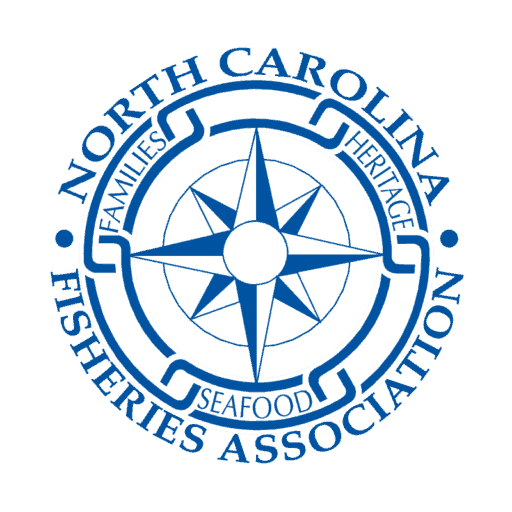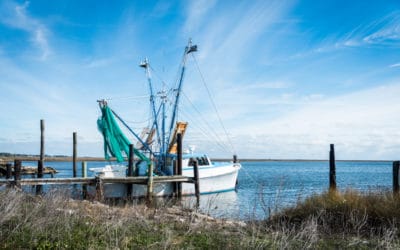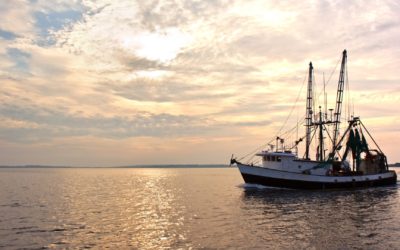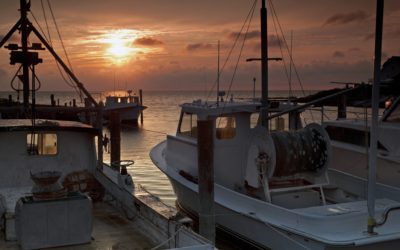On May 20, 2019, the North Carolina Wildlife Federation (NCWF) submitted a petition for rulemaking to the North Carolina Marine Fisheries Commission (MFC), that if passed, would severely restrict shrimp trawling in North Carolina. This is the third such petition to be submitted in the last six years, and the second to be drafted by the NCWF. The petitioners claim their goal is to reduce the bycatch of juvenile fish in shrimp trawls, but the failure of the two previous petitions has proven the petition-for-rulemaking process to be costly and ineffective. The previous petition submitted by the NCWF in 2016 (which was determined to be dead earlier this year) proved to be a substantial waste of time and valuable state resources, which raises the question of why they would choose to submit another one. North Carolina already has a shrimp Fishery Management Plan (FMP), and since shrimp are considered to be an annual crop which cannot be overfished, the primary function of the plan has been to reduce the bycatch of non-target species. Since 2006, managers have used the FMP process to successfully reduce bycatch in the shrimp trawl fishery, and the 2015 adoption of Amendment 1 to the shrimp FMP led to some amazing results.
Amendment 1 formed an Industry Workgroup made up of fishermen, gear experts, and scientists who conducted a three-year study of different Bycatch Reduction Devices (BRD’s) and gear configurations. These studies resulted in a requirement for NC shrimpers to use devices that have been proven to reduce the bycatch of finfish by 40% more than the 30% that was already federally mandated.
Once again, North Carolina has proven to be a national leader in bycatch reduction; a fact that you will not hear from the NC Wildlife Federation. It’s hard to argue with results like these, which is why it confounds me that the Wildlife Federation would choose to circumvent the FMP process in favor of a process that has yielded nothing over the last six years. If the true goal is to reduce bycatch, rather than to reduce the number of commercial fishermen working North Carolina waters, then the Wildlife Federation should work with and not against the commercial fishing industry. Whether it be through the FMP process or collaborative research, past accomplishments have proven that stakeholder buy-in and industry expertise are the key to reducing bycatch and sustaining North Carolina’s valuable commercial fisheries.
Related Articles
A Word From The Chairman
Related Articles Stay Up to Date With The Latest News & Updates Join Our Newsletter
A Word From Jerry Schill
Related ArticlesStay Up to Date With The Latest News & UpdatesJoin Our Newsletter
An Update From Glenn
Related Articles Stay Up to Date With The Latest News & Updates Join Our Newsletter



